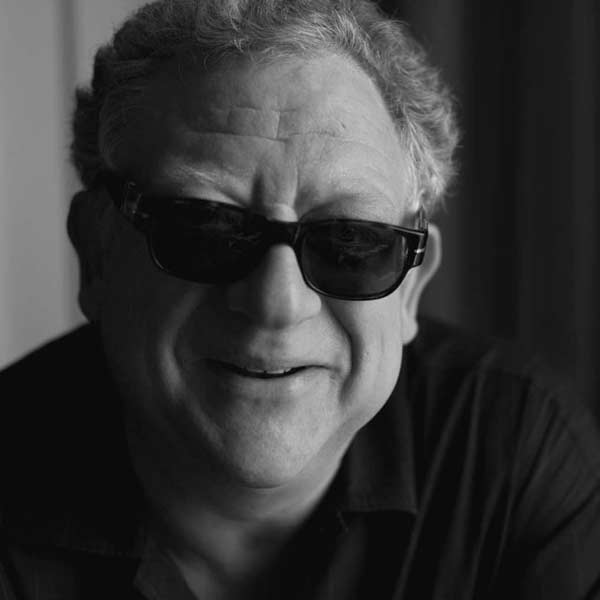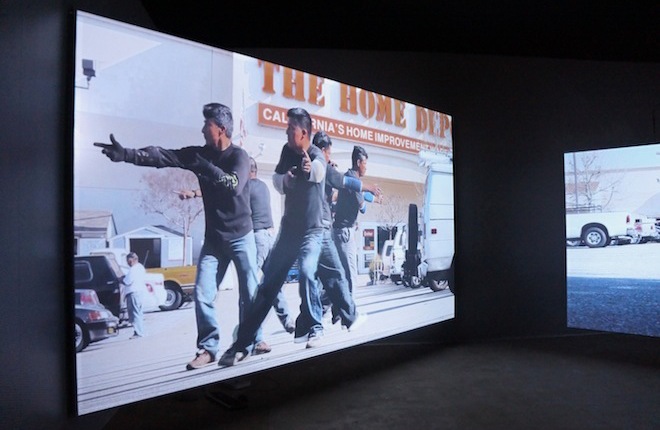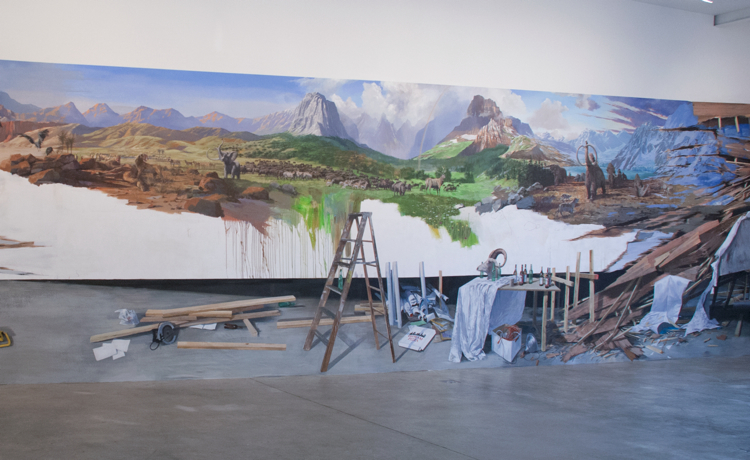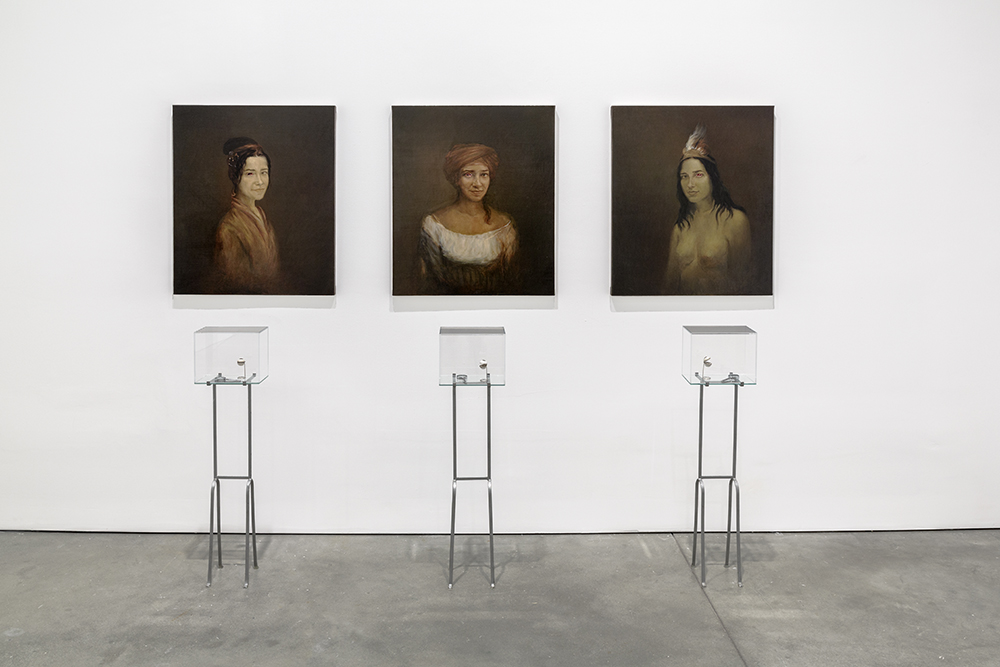By JAMES NADEAU
The Coolidge Corner Theatre will hold their annual "Coolidge Award" ceremony this Wednesday. This year's award is being presented to famed producer Jeremy Thomas. Thomas has worked with the film world's most pre-eminent directors: Bernardo Bertolucci (with whom he received an Oscar for The Last Emperor), Wim Wenders (2006's Don't Come Knocking), Terry Gilliam (Tideland, 2005), Philip Noyce (Rabbit Proof Fence, 2002), Julien Temple (The Great Rock & Roll Swindle, 1980) and one of my personal favourites David Cronenberg (Naked Lunch, 1991). In anticipation of his arrival here in Boston, Mr. Thomas was kind enough to answer a few questions about his process. As the producing process can sometimes seem to be an opaque one, I tried to formulate my questions around his particular methodology. While his answers are rather succinct I think that they do offer up some elucidation. I am hoping that he opens up a bit further during the panel discussion that will follow the awards ceremony on Thursday evening.
James Nadeau: You seem to gravitate towards directors with clear artistic visions: Richard Linklater, Julian Temple, Gilliam, Bertolucci and Wim Wenders amongst others. They are all, arguably, thought of as auteur directors with a great deal of command and control over the medium. What is it about these directors that pulls you in? What was it/is it that entices you about them?
Jeremy Thomas: First, I have admired their previous films which of course is a good starting point for a collaboration as I am principally driven by personal taste. It is essential that there are some shared ideas for each film.
JN: As a follow up, how do you see your role in helping them attain this vision? And I am thinking, not just of the financial part because I know that your role is so much greater than that, but do you, in some sense, see yourself as a sounding board for ideas? Or perhaps an artistic partner in the creative process?
JT: I see myself as a sounding board for ideas that will help get an interesting film made. Somebody has to take the responsibility to organise and co-ordinate all elements of the film production, not only the money but the shooting, the editing and promotion, so it is a role that covers many areas.
JN: It could be said that most of the films you have been involved in have been character studies. They are often stories of people placed in complicated situations forcing moments of self-examination: from Captain Yonoi in Merry Christmas Mr Lawrence to Jeliza-Rose in Tideland. How do you relate to these character transformations? Do they resonate with you? Or even should they?
JT: During the making of a film, even as the Producer, not the Director, you slowly get to empathise or identify with some of the characters or at least with some of their emotions or things that they say when you see a film being shot and then many times in post-production. Sometimes you get mesmerised by parts of a film."
What inspires you about cinema? What is it that continues to engage you? What gets you out of bed and off to the set?
JT: Making films the way I do encompasses total life which includes family, social life and many collaborators in many parts of the world, so I find it hard to imagine a more stimulating existence - business and art in the right measure.
JN: As a follow up to that question (and being the final question): You have worked with a wide selection of some of the greatest filmmakers who still engages you as an artist? And is there someone that you wished you could have worked with? Or still wish to?
JT: This is a much-asked question and I am on a journey which is not very pre-set and am always waiting for grand ideas and now find it hard to identify it with a single person, so I still aspire to work with many different people.
The awards ceremony will be taking place on Wednesday evening, April 16th, at 8:00 PM. The Coolidge has confirmed that the guests will be Debra Winger (Sheltering Sky), Tim Roth (Don't Come Knocking), Julian Temple (Great Rock ‘n' Roll Swindle), and Nicolas Roeg (Insignificance, 1985).
On Thursday, April 17th, at 2 PM there will be an afternoon with Jeremy Thomas. This will be followed by a panel discussion that evening at 8:00 PM. Thomas will be joined by his colleagues and will answer audience questions and talk in depth about the producing practice.




